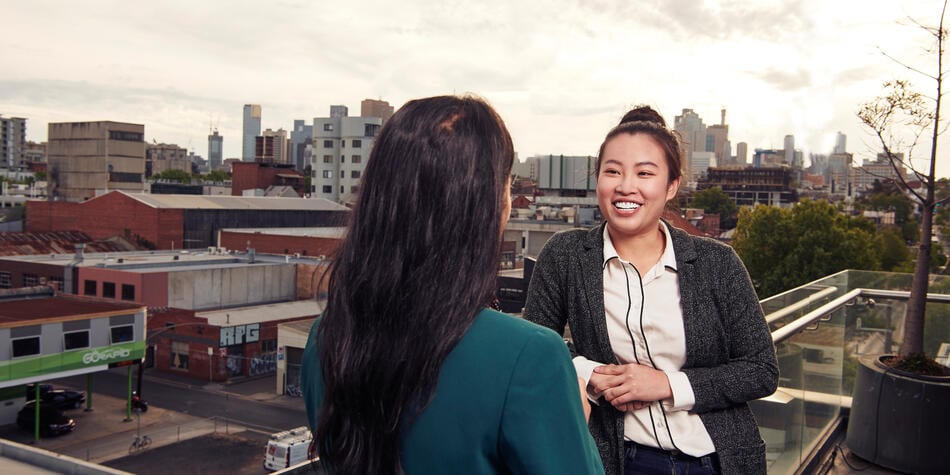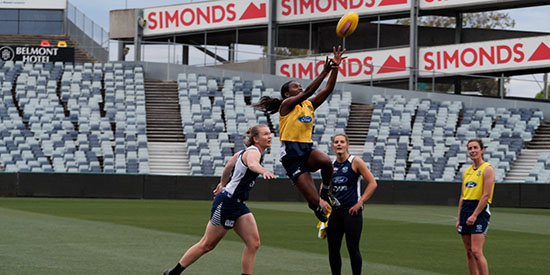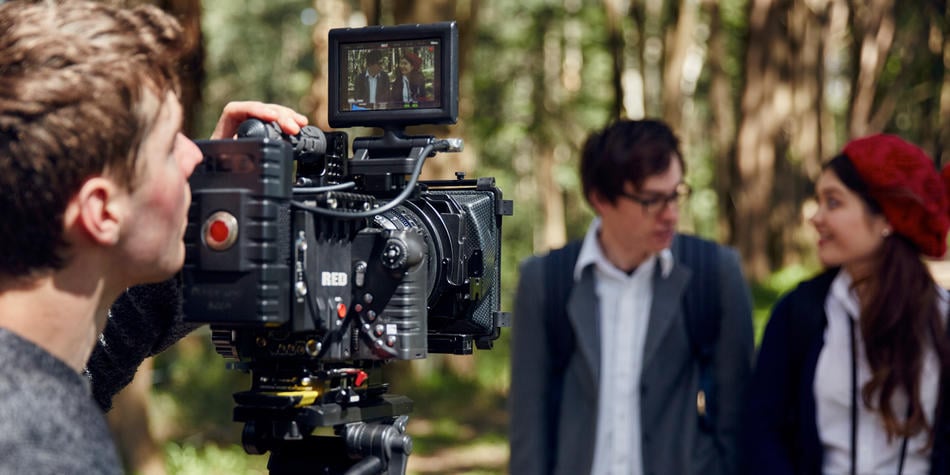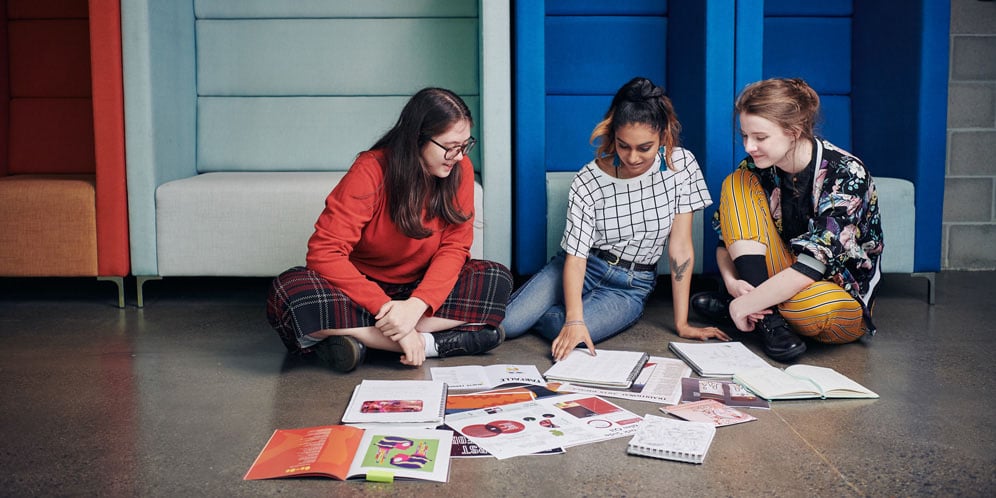Explore your study options
Build your knowledge and practical skill set in communication and media. Learn from industry professionals about how to identify, research, plan and produce newsworthy stories suitable for print, broadcast and online media. Experience hands-on training in a digital newsroom, ensuring you graduate with highly sought-after practical skills.
Undergraduate
Undergraduate (your first degree)
A Deakin undergraduate course is the foundation of your future career, usually completed in two to four years. Duration varies based on degree type, enrolment pattern and any credit received from recognition of prior learning.
Postgraduate
Postgraduate (further study)
A postgraduate qualification can be undertaken by students who have already completed an undergraduate degree or possess significant, demonstrable work experience. Postgraduate courses include graduate certificates, graduate diplomas, masters and PhDs, as well as specialist programs for industry professionals.
Choose a journalism course that will get you work ready
Get hands-on practical experience and learn from our expert team of journalism and media practitioners. A Deakin journalism course will have you identifying, researching, planning and producing compelling stories across key media platforms.
Benefit from strong industry connections
Our partnerships with national media outlets give you the opportunity to intern with major newspapers, radio stations or television networks, where you can see your work published or gain broadcasting experience.
Graduate with in-demand practical skills
In your final year you'll take part in a program of intensive news production in a digital newsroom, graduating with the ability to create stories, news and features for print, online, radio, television or multimedia newsrooms.
Top 1% worldwide for communications and media studies
Our media and communications studies are ranked among the top 1% of universities worldwide, so you can be assured that what you learn is relevant to the industry and your future career.
Top professional roles in journalism
A Deakin journalism course will give you the skills and knowledge to work effectively in contemporary digital newsrooms. If you have a way with words and getting to the heart of the matter, a career in journalism can lead you nearly anywhere. Some specialities include:
- broadcast journalist
- commissioning editor
- editorial assistant
- freelance journalist
- magazine journalist
- media policy writer
- newspaper journalist
- political speech writer
- press photographer
- press sub-editor
- publishing copy-editor/proofreader.
Deakin’s journalism units are equipped to teach students about the changing nature of the industry. Every single journalism lecturer I have had has been passionate about the field, optimistic about its future and always willing to help where possible.
Mitchell Clarke
Bachelor of Communication (Journalism) graduate
World-class teaching experiences
We're the #1 Victorian university for graduate employment. Deakin’s industry-shaped courses and practical, real-world approach to learning will prepare you to be adaptable across the jobs of the future.
Study in industry-standard environments
Our Melbourne Burwood Campus is home to an exceptional newsroom and cutting-edge creative media lab. Immerse yourself in a vibrant media landscape, hone your skills and unleash your creativity in a truly authentic setting.
Learn from leaders in the field
Our experienced academics with strong industry connections will support your journalism studies. With a blend of real-world practice and theoretical knowledge, you’ll graduate job-ready and poised to make a meaningful impact in the field.

Gain real-world experience
Bachelor of Arts (Journalism and Public Relations) student, Liam, talks about his internship experience working courtside for the Deakin Melbourne Boomers home games.
Study online at the #1 Victorian uni for graduate employment
Deakin's online journalism degrees are designed to fit your lifestyle and career goals so you can study anytime, anywhere. Join more than 78,000 online students who have already graduated from Deakin.
Want to explore more?

How to future-proof your journalism career
There's no doubt that journalism is a disrupted industry, but what people don't talk about are the opportunities that now exist because of the digital age.

Gain real-world journalism experience with a Deakin internship
Journalism and communications students are connected with industry and given the opportunity to take their lessons from the classroom into their career.
Rankings and footnotes
Deakin references data from a range of government, higher education and reputable media sources. For more information, visit our University rankings page.
Contact us
Got a question about our journalism courses? Our course advisers are available to speak to you about your study options and how we can help you further your career.
Domestic students
1800 693 888
Enquire online
International students
+61 3 9918 9188
Enquire online









